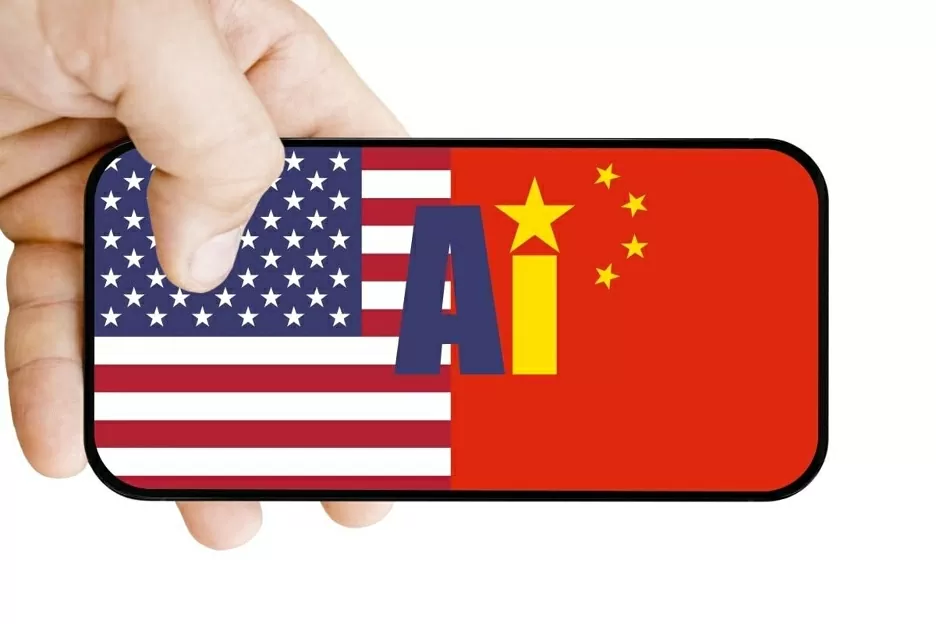 |
A panel discussion at this year's Boao Forum in Hainan, southern China, looked at the global governance challenges posed by artificial intelligence technology. Photo: Shutterstock Illustration photo. (Source: Shutterstock) |
According to the South China Morning Post , at the Boao Forum for Asia in Hainan, China, artificial intelligence (AI) experts and business leaders discussed how the world can build effective governance models for all countries.
Professor Zeng Yi, a member of the United Nations’ senior AI advisory body and a member of the Chinese Academy of Sciences, stressed that China and the United States can learn from each other to build AI safety protocols if Washington adjusts its competitive approach. He said that the US’s decision to restrict China’s participation in the international AI safety net was a mistake, and asserted that the technology could create a shared world for both countries.
AI safety and ethics were the focus of this year's forum, which attracted the participation of many high-ranking officials, scholars and enterprises. Zeng Yi emphasized the need for bilateral cooperation to strengthen the safety barrier in AI, not only relying on the government but also through the connection between enterprises of the two countries. He affirmed that safety and AI development are not contradictory but can coexist.
Experts agree that AI governance requires global institutions and common standardization mechanisms. Zhang Yaqin, dean of Tsinghua University's AI Research Institute, proposed establishing two main bodies: one focused on technology development and management, and a policy coordination body to promote cooperation among countries.
China has asserted its role in this field, with DeepSeek announcing its open-source AI model in January, attracting international attention. However, at the Seoul AI Summit in May 2024, when the US and several countries established an international AI safety net, China did not participate. This, Zeng Yi said, underscores the need for a more inclusive platform like the United Nations, where all countries – including low- and middle-income countries – can have a voice.
On the Chinese government's side, with its commitment to promoting responsible AI, through training programs for developing countries and building a wide research network, especially within the framework of the Belt and Road Initiative, the country calls for the participation of all parties, including the US, but does not seek to dominate the entire field.
Professor Jiang Xiaojuan, from the Chinese Academy of Social Sciences, said the emergence of DeepSeek has contributed to creating a competitive environment rather than a monopoly in AI, thereby reducing concerns about technological control. According to her, in a truly competitive market, many problems can be solved without high-level political discussions.
Whether China and the US can cooperate to ensure AI safety remains an open question, but it is clear that a flexible and adaptive global governance mechanism will be key to keeping up with the pace of this technology's development.
Source: https://baoquocte.vn/chi-ra-mot-sai-lam-cua-washington-ve-ai-chuyen-gia-dat-cau-hoi-mo-ve-hop-tac-my-trung-309366.html



![[Photo] Vietnam and Sri Lanka sign cooperation agreements in many important fields](https://vphoto.vietnam.vn/thumb/1200x675/vietnam/resource/IMAGE/2025/5/5/9d5c9d2cb45e413c91a4b4067947b8c8)





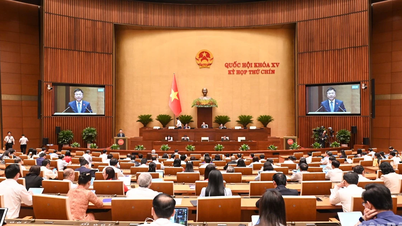
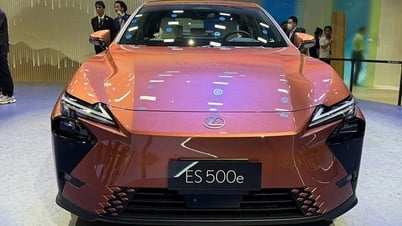










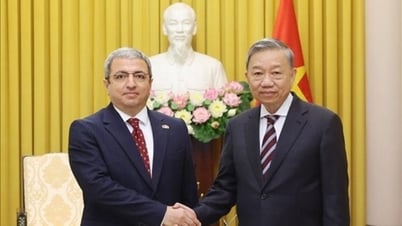


![[Photo] President Luong Cuong and Sri Lankan President Anura Kumara Dissanayaka visit President Ho Chi Minh relic site](https://vphoto.vietnam.vn/thumb/1200x675/vietnam/resource/IMAGE/2025/5/5/0ff75a6ffec545cf8f9538e2c1f7f87a)




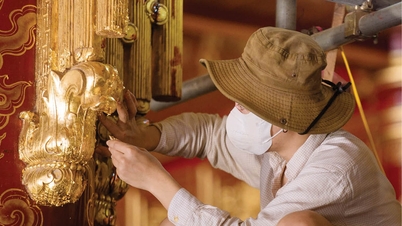





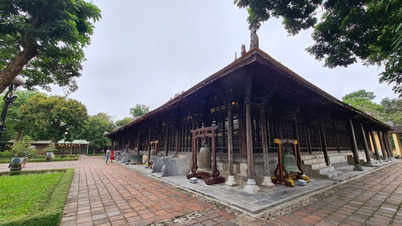

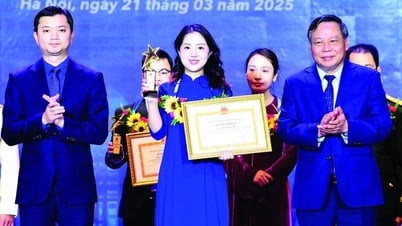

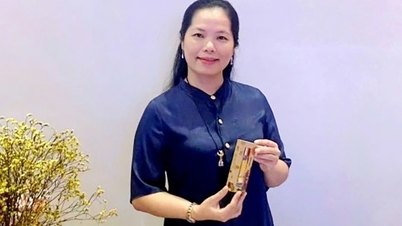


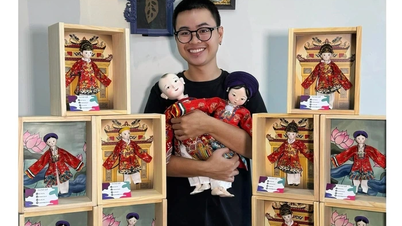













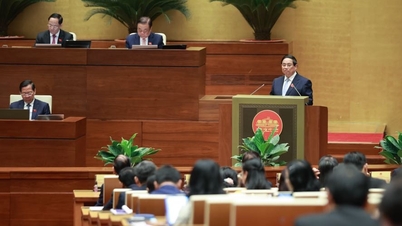

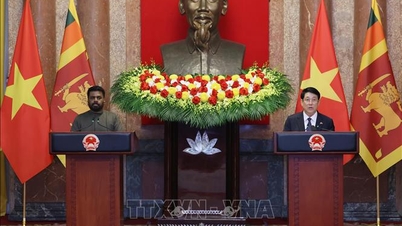
![[Photo] President Luong Cuong presided over the welcoming ceremony and held talks with Sri Lankan President Anura Kumara Dissanayaka](https://vphoto.vietnam.vn/thumb/402x226/vietnam/resource/IMAGE/2025/5/5/351b51d72a67458dbd73485caefb7dfb)

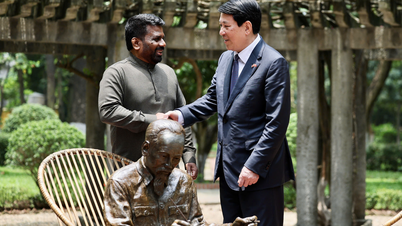
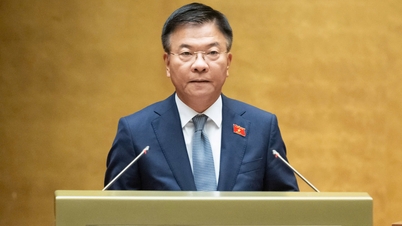








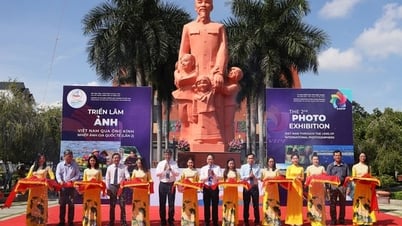


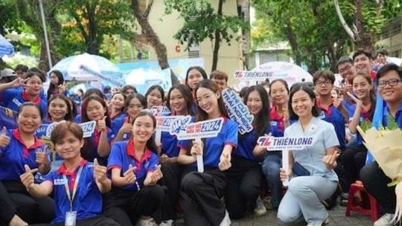














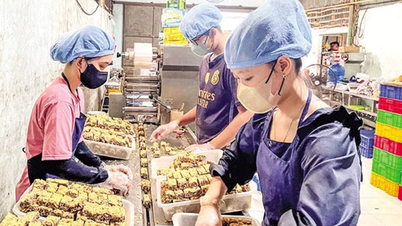



Comment (0)